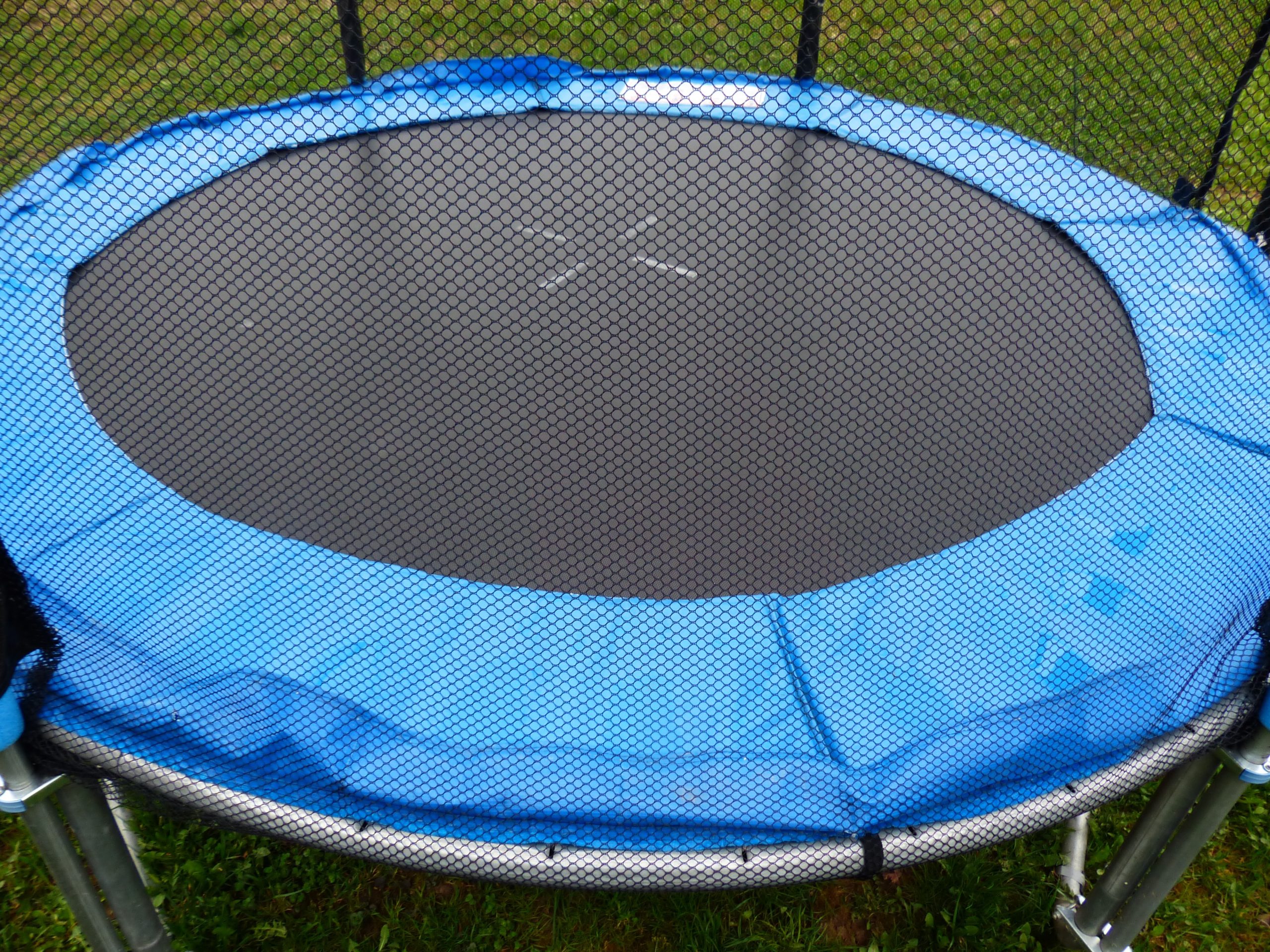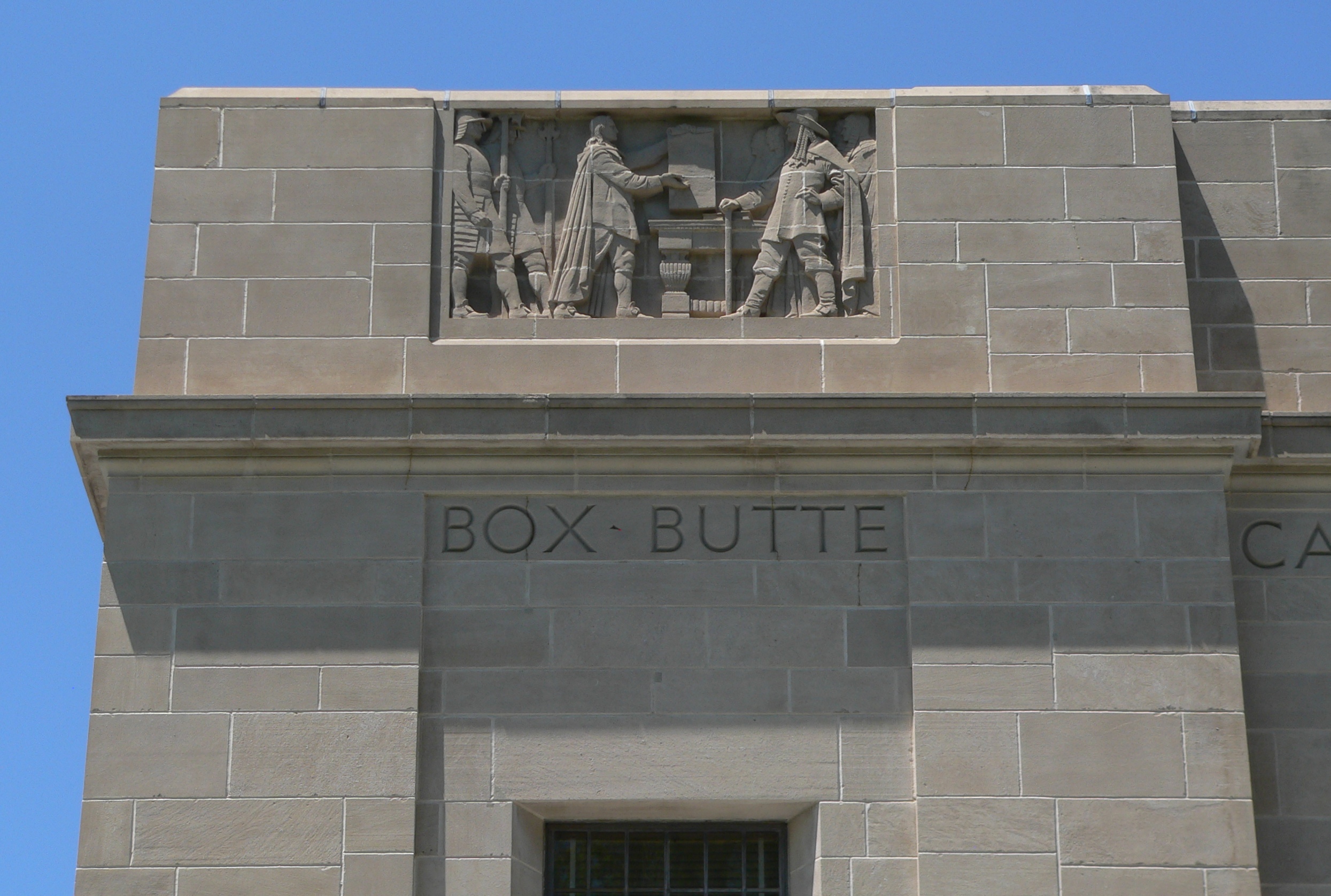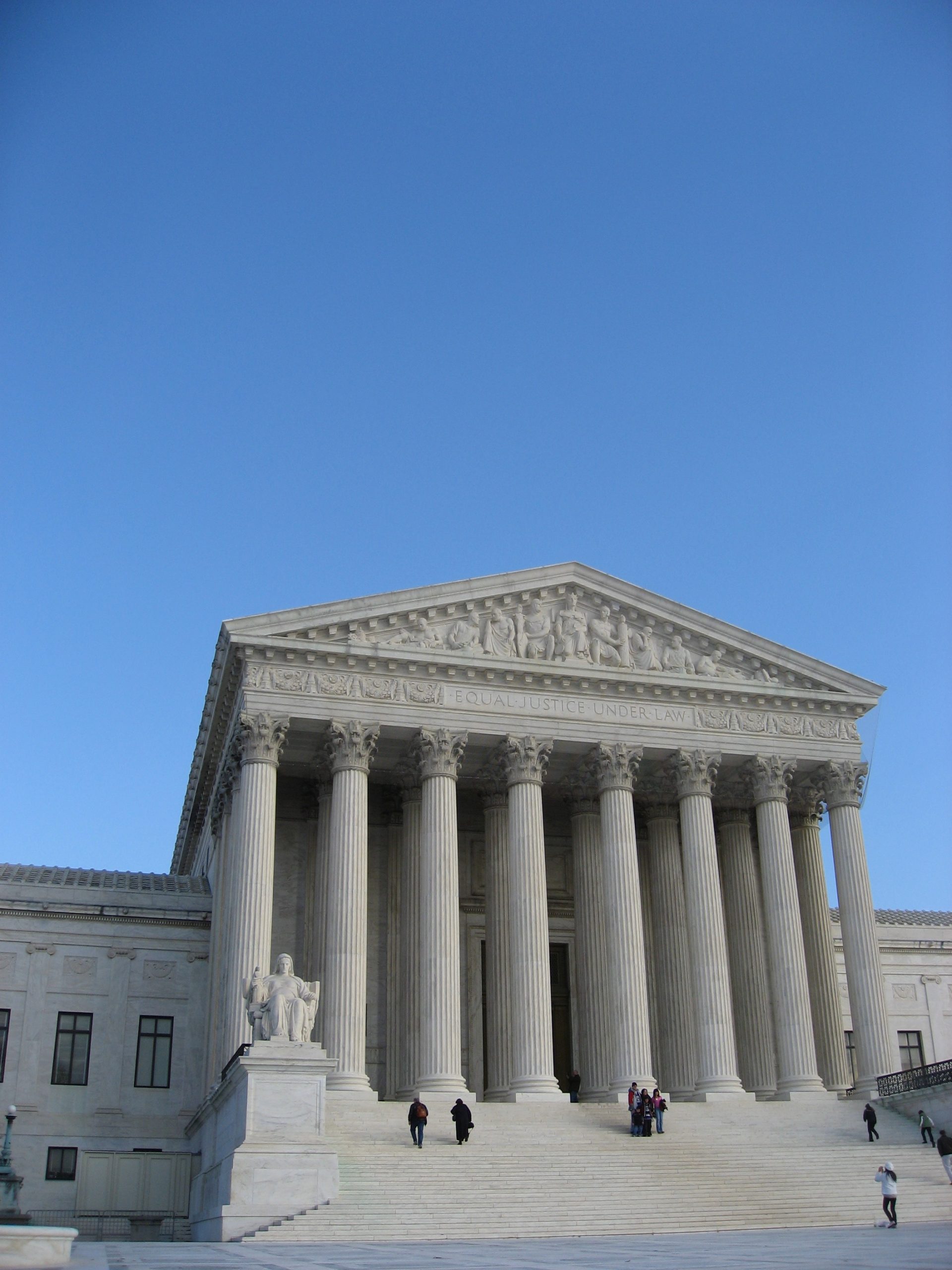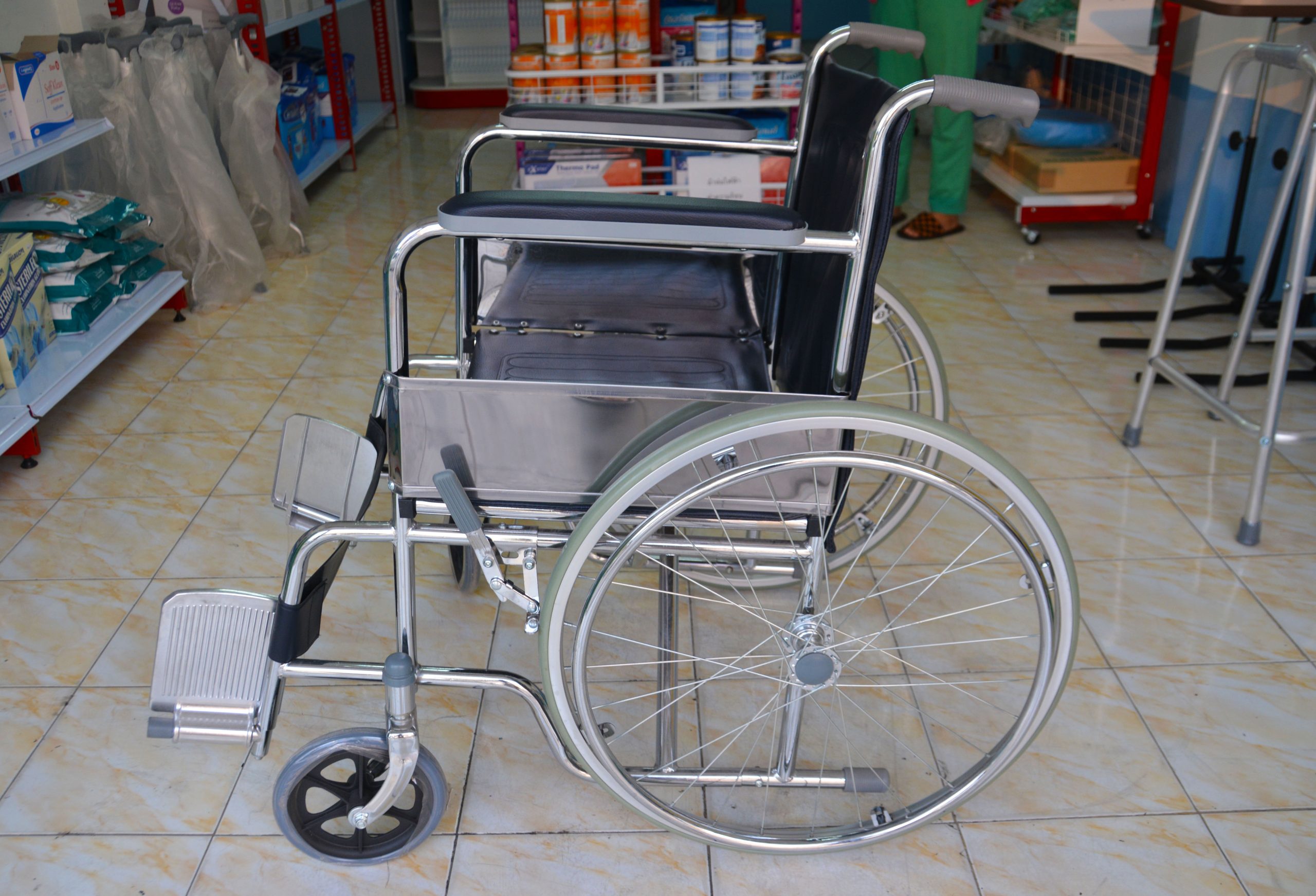 Gender Discrimination has unfortunately been around for as long as time, infiltrating many corners of people’s lives. But when you feel discriminated against at your high school, the lawsuit process can be much trickier than some might think. The Court of Appeals for the Fifth Circuit addresses whether a Title IX claim can be brought and successfully won when a picture is posted to the internet, violating a school’s policy.
Gender Discrimination has unfortunately been around for as long as time, infiltrating many corners of people’s lives. But when you feel discriminated against at your high school, the lawsuit process can be much trickier than some might think. The Court of Appeals for the Fifth Circuit addresses whether a Title IX claim can be brought and successfully won when a picture is posted to the internet, violating a school’s policy.
Rebecca Arceneaux attended Assumption High School (“AHS”) and was on the varsity cheerleading team from her freshman to junior years. A photo of Arceneaux in her uniform skirt that was raised appeared on the popular social media app Snapchat. This publicly viewed picture was brought to the attention of the school, and Arceneaux was punished with in-school suspension and dismissed from the cheerleading team. Arceneaux’s parents appealed the suspension with no avail. On May 19, 2016, her parents filed suit on her behalf against the school, claiming the discipline constituted gender discrimination under Title IX of the Education Amendments of 1972, 20 U.S.C. § 1681, and the Equal Protection Clause of the Fourteenth Amendment to the United States Constitution, which is actionable under 42 U.S.C. § 1983.
On appeal, the Court of Appeals for the Fifth Circuit considered words of Title IX and gender discrimination. AHS is under the jurisdiction that receives federal funding for operation and benefits. Arceneaux alleged that this jurisdiction subjected her to intentional discrimination by punishing female student-athletes more harshly than a male athlete would be punished for doing the same or similar behavior.
 Insurance Dispute Lawyer Blog
Insurance Dispute Lawyer Blog


 Wills and testaments often lead to family drama after a family member dies. Fights over control, money, and inheritance can lead to many legal and emotional battles. When those battles of power come to a legal setting, how do courts assess if a will has validly identified a new overseer of the estate?
Wills and testaments often lead to family drama after a family member dies. Fights over control, money, and inheritance can lead to many legal and emotional battles. When those battles of power come to a legal setting, how do courts assess if a will has validly identified a new overseer of the estate? Sometimes, those delightful recreational activities we all enjoy carry an inherent risk. Often, we assume the risk of those injuries when we engage in that potentially reckless conduct. Knowing your legal options following these injuries is necessary, mainly because recovering for these somewhat ordinary injuries can be difficult. What does it look like when a party cannot recover for a recreational injury–here, an injury from a trampoline park visit?
Sometimes, those delightful recreational activities we all enjoy carry an inherent risk. Often, we assume the risk of those injuries when we engage in that potentially reckless conduct. Knowing your legal options following these injuries is necessary, mainly because recovering for these somewhat ordinary injuries can be difficult. What does it look like when a party cannot recover for a recreational injury–here, an injury from a trampoline park visit? Picture this: you’re enjoying your daily dose of local news when your name surfaces amidst a hailstorm of defamatory allegations. Your reputation takes a blow, and you decide to fight back by filing a lawsuit. This might sound like a gripping storyline from a TV courtroom drama, but for Mary R, this was a harsh reality. Today we’ll delve into her case, a fascinating battle highlighting the intriguing intersections between public figures, free speech, and defamation law.
Picture this: you’re enjoying your daily dose of local news when your name surfaces amidst a hailstorm of defamatory allegations. Your reputation takes a blow, and you decide to fight back by filing a lawsuit. This might sound like a gripping storyline from a TV courtroom drama, but for Mary R, this was a harsh reality. Today we’ll delve into her case, a fascinating battle highlighting the intriguing intersections between public figures, free speech, and defamation law. Louisiana’s Workers’ Compensation fund exists to pay employees injured at work. Payment can be used for medical care and lost wages. When parties sign a settlement agreement on payment terms, an employee may assume payment is imminent. In a recent case from Rapides Parish, an employee discovered some conditions in a settlement may delay payment.
Louisiana’s Workers’ Compensation fund exists to pay employees injured at work. Payment can be used for medical care and lost wages. When parties sign a settlement agreement on payment terms, an employee may assume payment is imminent. In a recent case from Rapides Parish, an employee discovered some conditions in a settlement may delay payment.  The fundamental right to due process is a cornerstone of constitutional protection, ensuring that individuals are treated fairly within legal proceedings. Nevertheless, the delicate line between potential bias and genuine due process violations is not always easily discernible. A telling example can be found in a noteworthy case from East Baton Rouge, where the revocation of a psychologist’s license came under scrutiny for alleged due process infringements. This case probes the intricate considerations surrounding bias, procedure, and the boundary between legitimate legal actions and violations of constitutional rights.
The fundamental right to due process is a cornerstone of constitutional protection, ensuring that individuals are treated fairly within legal proceedings. Nevertheless, the delicate line between potential bias and genuine due process violations is not always easily discernible. A telling example can be found in a noteworthy case from East Baton Rouge, where the revocation of a psychologist’s license came under scrutiny for alleged due process infringements. This case probes the intricate considerations surrounding bias, procedure, and the boundary between legitimate legal actions and violations of constitutional rights. When an injury related to a product occurs, assigning fault can involve multiple parties. In personal injury litigation, crucial legal questions arise regarding whom the plaintiff can seek compensation from, if anyone, and the underlying theory of liability. The following case offers a valuable exploration of common liability theories often encountered in product-related injury cases.
When an injury related to a product occurs, assigning fault can involve multiple parties. In personal injury litigation, crucial legal questions arise regarding whom the plaintiff can seek compensation from, if anyone, and the underlying theory of liability. The following case offers a valuable exploration of common liability theories often encountered in product-related injury cases. Medical professionals are expected to uphold a standard of care in their practice. Unfortunately, life can present us with unfortunate circumstances where this standard is not met. When we experience injuries or worse due to the actions of those responsible for our treatment, healing, or diagnosis, medical malpractice claims can serve as a means to seek compensation and justice.
Medical professionals are expected to uphold a standard of care in their practice. Unfortunately, life can present us with unfortunate circumstances where this standard is not met. When we experience injuries or worse due to the actions of those responsible for our treatment, healing, or diagnosis, medical malpractice claims can serve as a means to seek compensation and justice. Some accidents are unpredictable, while others appear to be accidents waiting to happen. Having reliable witnesses, qualified experts, and an excellent attorney in either unpredictable or predictable cases could be the dividing line in determining your liability when an accident arises. For Larry Jeane, Sr. (“Mr. Jeane”), the deceased party in a two-car accident along Louisiana Highway 107, whose vehicle crossed the centerline and collided with another car carrying six adults and one minor, the courts were positioned to consider his liability after the accident.
Some accidents are unpredictable, while others appear to be accidents waiting to happen. Having reliable witnesses, qualified experts, and an excellent attorney in either unpredictable or predictable cases could be the dividing line in determining your liability when an accident arises. For Larry Jeane, Sr. (“Mr. Jeane”), the deceased party in a two-car accident along Louisiana Highway 107, whose vehicle crossed the centerline and collided with another car carrying six adults and one minor, the courts were positioned to consider his liability after the accident.  Allocating fault in a car accident is especially difficult when involving multiple individuals. This case illustrates how the allocation of fault affects how damages are awarded and illustrates what type of expenses are compensable.
Allocating fault in a car accident is especially difficult when involving multiple individuals. This case illustrates how the allocation of fault affects how damages are awarded and illustrates what type of expenses are compensable.